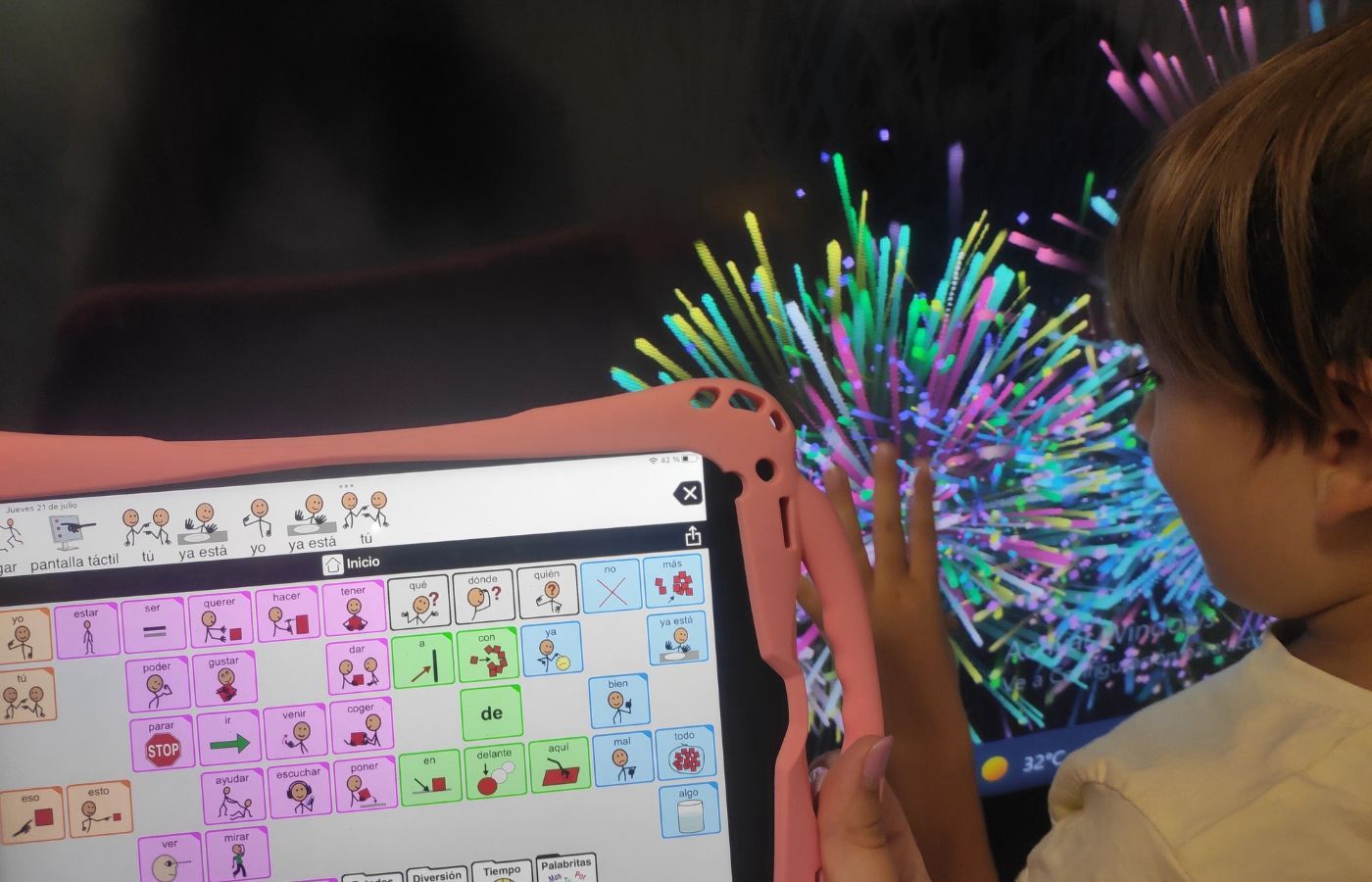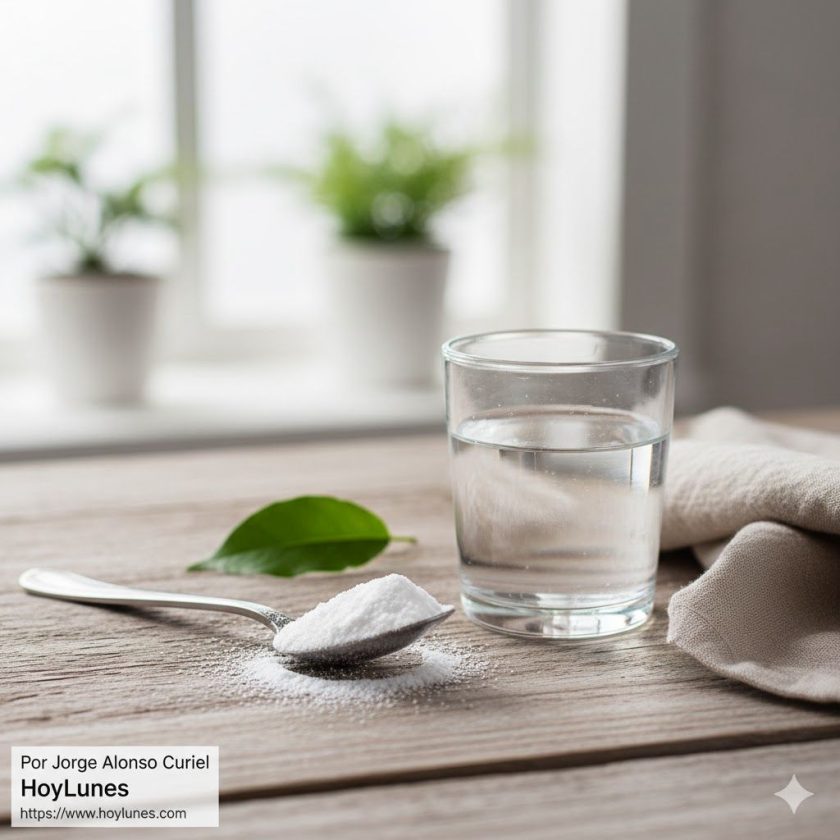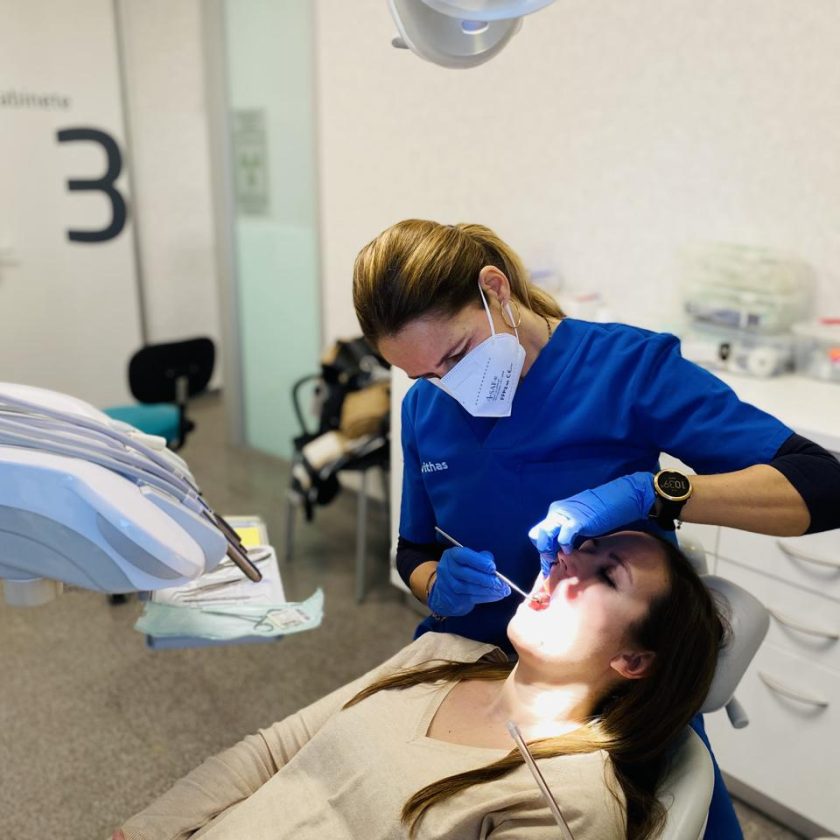The stories of Daniel and Paula, patients at the Vithas Neurorehabilitation Center in Elche, reflect how going back to school can become a more positive experience for children and adolescents with ASD.
Valencia – Daniel, age 7, faces his first day of primary school with a mix of excitement and nerves. To help him, his parents have designed a visual calendar that outlines, step by step, the morning routine: getting dressed, preparing his backpack, having breakfast, and leaving for school. Each image provides him with security and allows him to anticipate what will happen. Paula, age 14, begins secondary school with the unease generated by changing classrooms, new subjects, and reuniting with other students. To prepare herself, she has practiced different social situations with her family and therapists—such as greeting a classmate or asking a teacher for help—training that gives her greater confidence to face the experience.
Both stories highlight the importance of applying structured strategies to support the school adaptation of children and adolescents with Autism Spectrum Disorder (ASD). In this context, professionals from the Institute of Neurological Rehabilitation (IRENEA), part of the Vithas Institute of Neurosciences, located at the Vithas Neurorehabilitation Center in Elche and specialized in the care of people with autism, emphasize three key elements: the use of visual checklists, training through role-playing, and the systematic application of positive reinforcement.
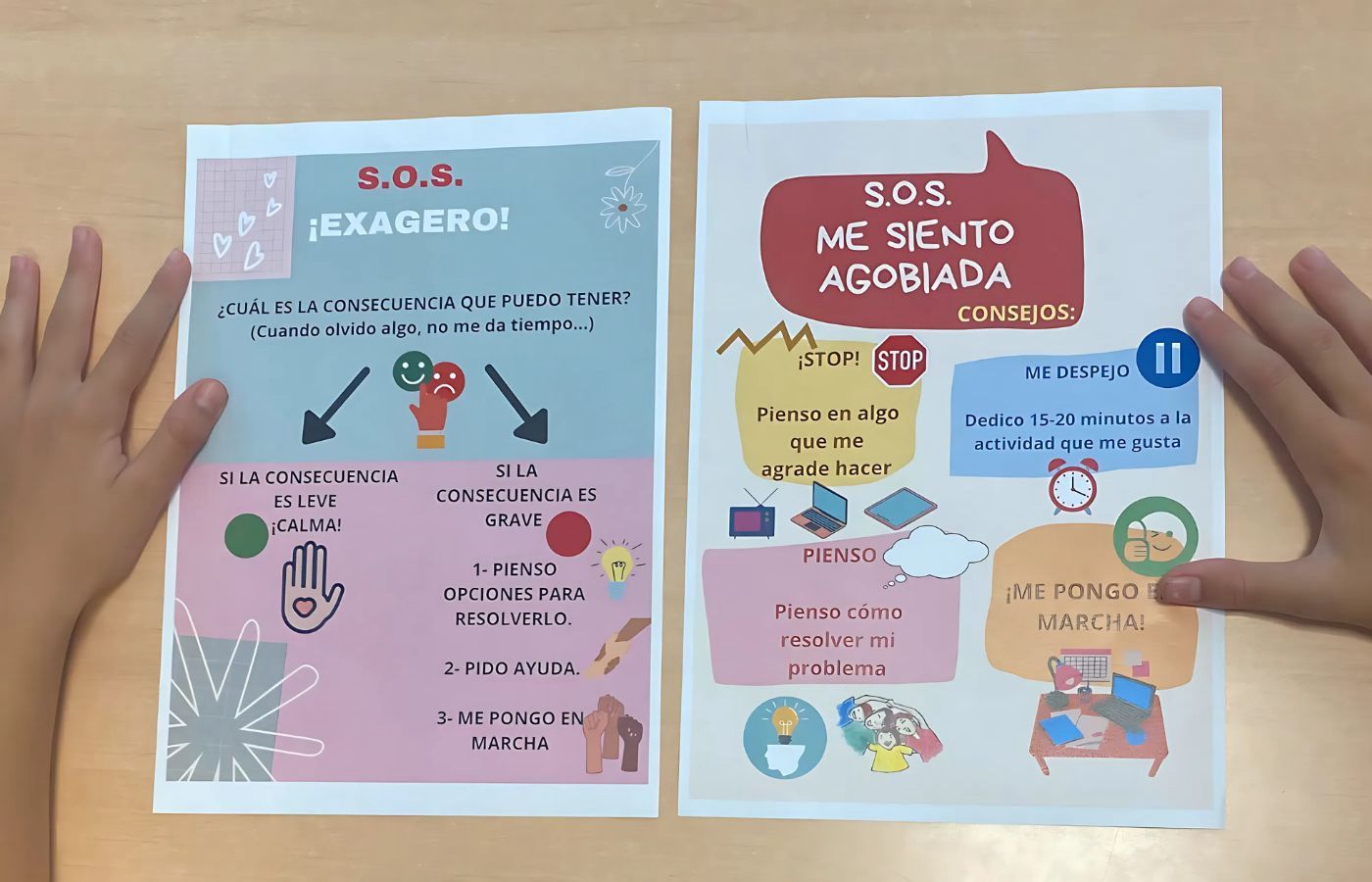
According to IRENEA professionals, visual lists help organize routines and materials, providing predictability and reducing anxiety. Role-playing allows students to rehearse academic and social interactions in a safe environment, fostering functional communication and adaptation to the school context. Positive reinforcement, in turn, consolidates achievements, increases motivation, and strengthens self-esteem—crucial elements for a successful start to the school year.
Dr. Desirée Amorós, Medical Director of IRENEA in Elche, emphasizes “the relevance of these strategies in clinical practice. Each child and adolescent with ASD experiences going back to school as a unique challenge. Our role is to provide them with tools that reduce uncertainty, strengthen their sense of security, and allow them to enjoy a more inclusive and motivating educational experience. Coordination among family, school, and professionals is essential to achieve this”.
This approach is framed within IRENEA’s neurorehabilitation model, which comprehensively addresses the physical, cognitive, behavioral, emotional, social, communicative, sensory, and adaptive dimensions, also incorporating family support. All of this is always carried out from early intervention and with personalized attention tailored to the needs of each case.
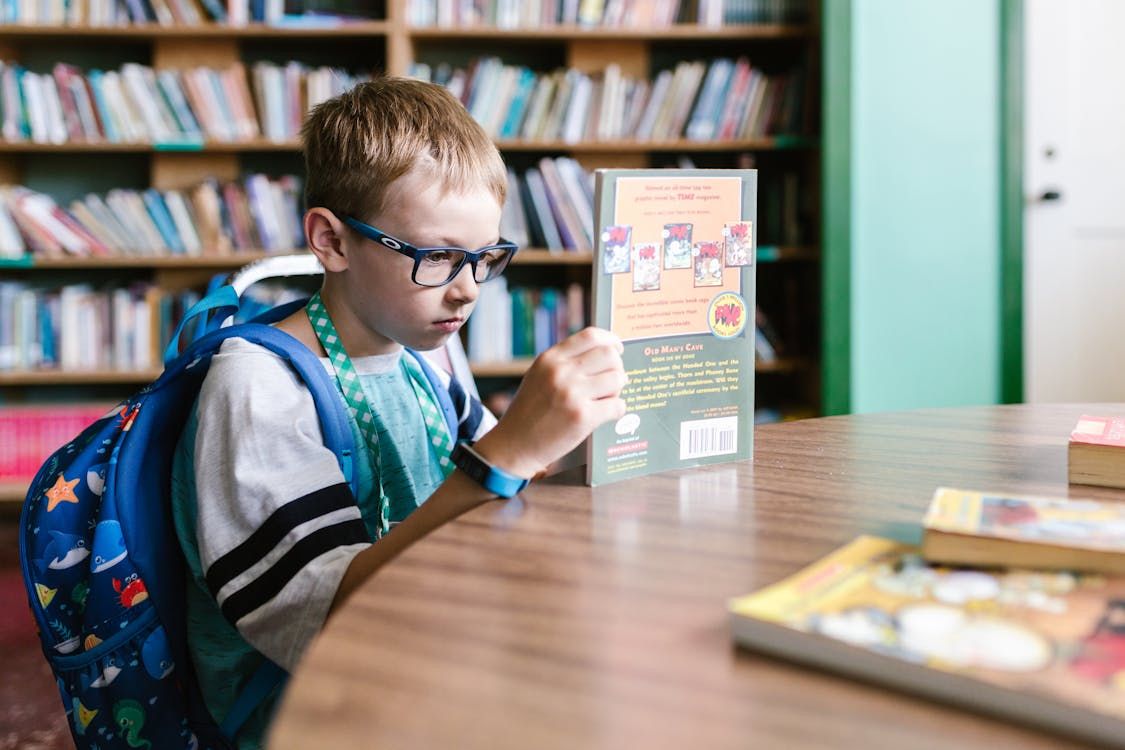
Clinical work is not limited to organizing routines or preparing for specific school situations. At IRENEA, techniques such as role-playing, modeling, and feedback are applied as learning tools that promote communication, cooperation, and conflict resolution, while also providing support to families in accepting changes and maintaining motivation. “These dynamics are not confined to a therapy session. They are a bridge to real life. When an adolescent practices how to ask to speak in class or how to interact during recess, they gain autonomy and confidence that later translate into their daily life,” adds Dr. Amorós.
Vithas experts stress that the effectiveness of these interventions depends on their coordinated application at home, at school, and in the social environment, thus fostering a true support network that not only facilitates school integration and full inclusion but also strengthens coexistence.
About Vithas
The Vithas Group is made up of 21 hospitals and 39 medical and healthcare centers across 14 provinces. Its 12,600 professionals have made Vithas one of the leaders in Spanish healthcare. In addition, the group includes the Vithas Foundation, Vithas Red Diagnóstica, and the purchasing hub PlazaSalud+.
Vithas, backed by the Goodgrower group, bases its corporate strategy on accredited healthcare quality, patient experience, research and innovation, and social and environmental commitment.
#hoylunes, #vithas,
